Plant Protein
Vegan-Friendly Plant Protein Powder & Drinks for Muscle Growth.
Power Your Plant-Based Diet with Plant Protein. Plant proteins typically include hemp, pea, and brown rice. Enjoy our trusted brands offering Vegan-friendly Plant Protein Powder and Drinks helps you build muscle, recover faster and meet your nutritional needs. Plant Protein Powders and drinks are formulated with the highest quality ingredients to provide a complete amino acid profile that's easy on digestion. With flavors like chocolate, vanilla and berry available in our range of low fat and sugar options. If you follow a vegan or vegetarian lifestyle, supplement your nutrition without compromising taste or health benefits with a healthy Plant Protein Powder.
-
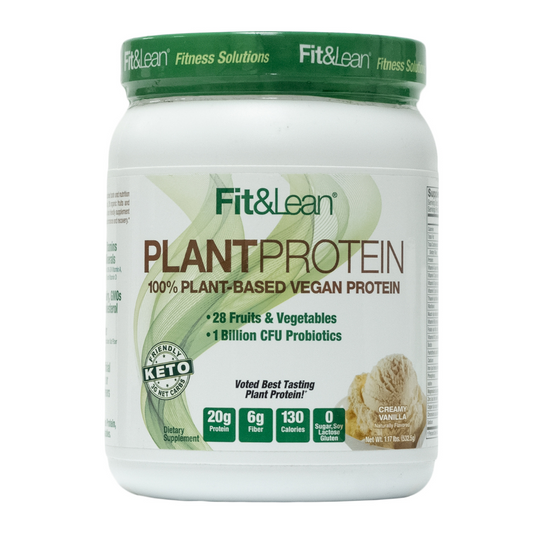
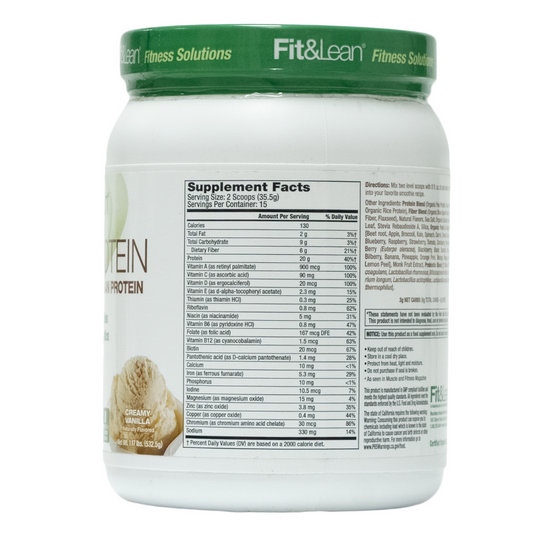 Regular price $39.99Regular priceUnit price per
Regular price $39.99Regular priceUnit price perFit&Lean: Plant Protein 100% Plant-Based Vegan Protein Creamy Vanilla 15 Servings
Regular price $39.99Regular priceUnit price per -
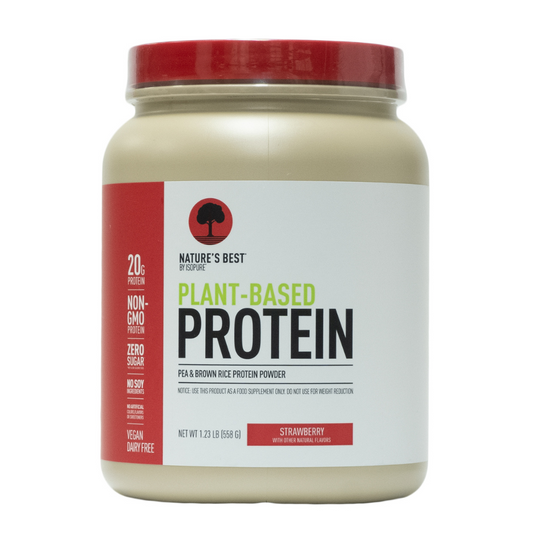
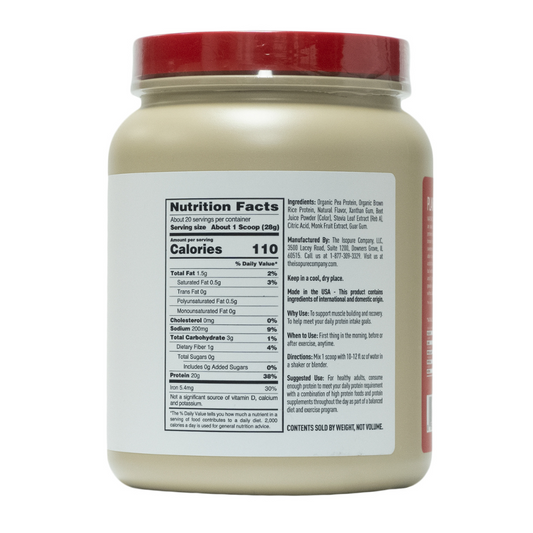 Regular price $32.99Regular priceUnit price per
Regular price $32.99Regular priceUnit price perIsopure: Natures Best Plant-Based Protein Strawberry 20 Servings
Regular price $32.99Regular priceUnit price per -
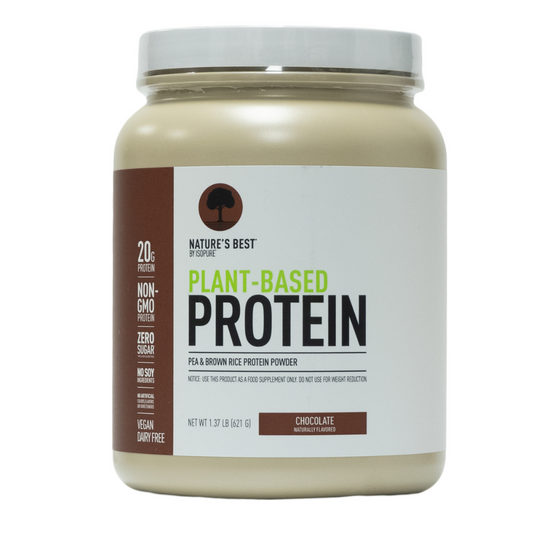
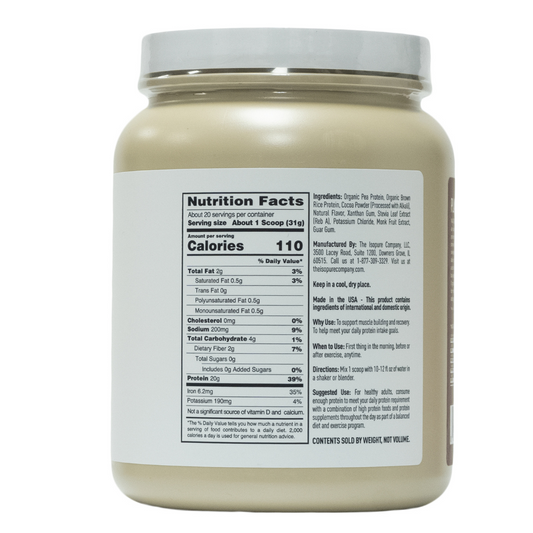 Regular price $32.99Regular priceUnit price per
Regular price $32.99Regular priceUnit price perIsopure: Natures Best Plant-Based Protein Chocolate 20 Servings
Regular price $32.99Regular priceUnit price per -
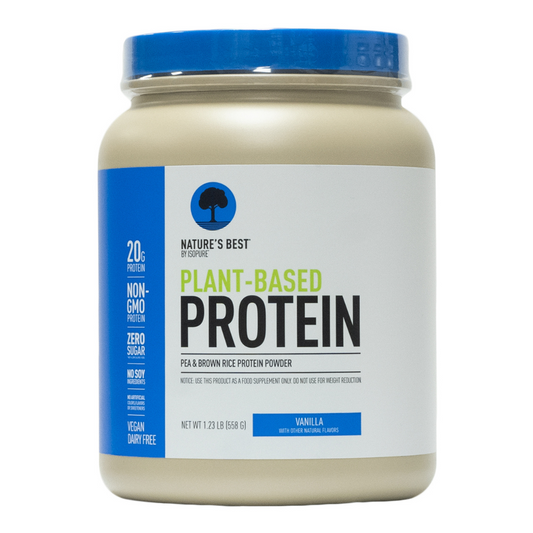
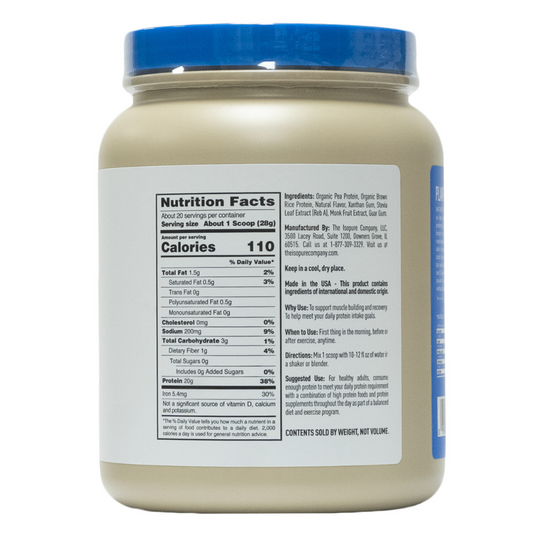 Regular price $32.99Regular priceUnit price per
Regular price $32.99Regular priceUnit price perIsopure: Plant-Based Protein Vanilla 20 Servings
Regular price $32.99Regular priceUnit price per -
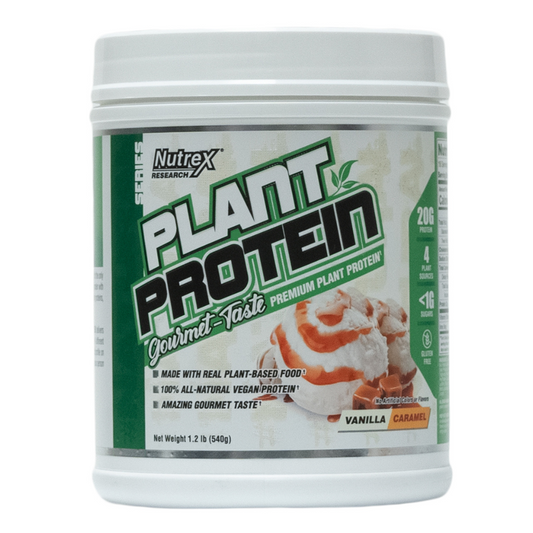
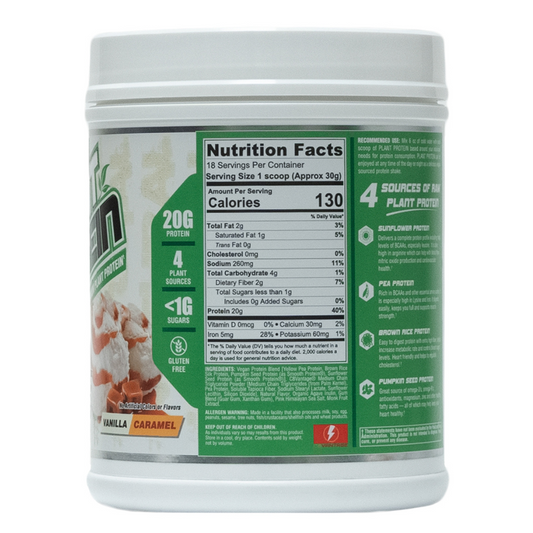 Regular price $44.95Regular priceUnit price per
Regular price $44.95Regular priceUnit price perNutrex Research: Plant Protein Vanilla Caramel 18 Servings
Regular price $44.95Regular priceUnit price per -
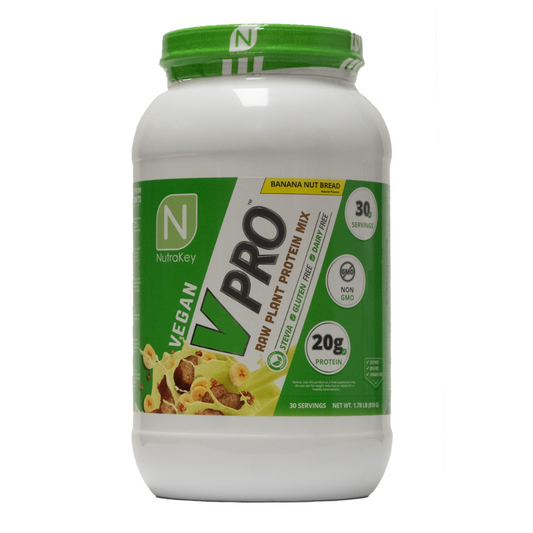 Regular price $49.99Regular priceUnit price per
Regular price $49.99Regular priceUnit price perNutrakey: Vegan V Pro Banana Nut Bread 30 Servings
Regular price $49.99Regular priceUnit price per -
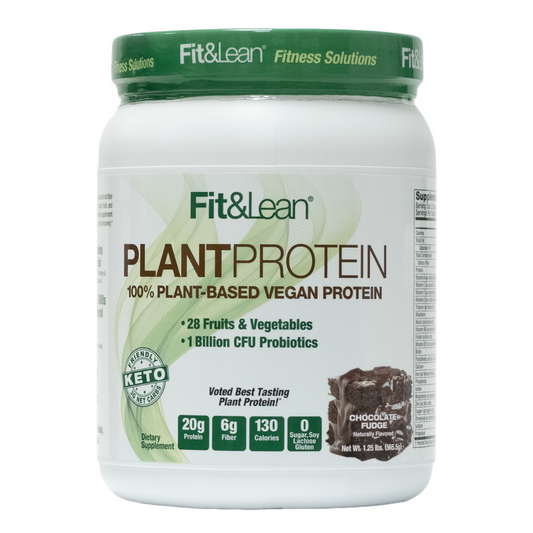
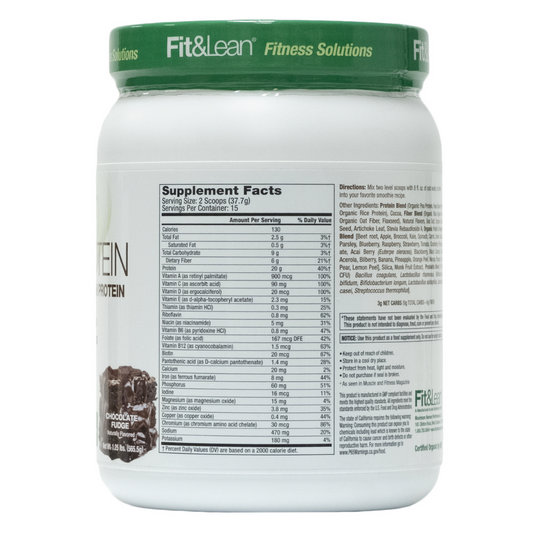 Regular price $39.99Regular priceUnit price per
Regular price $39.99Regular priceUnit price perFit&Lean: Plant Protein Chocolate Fudge 15 Servings
Regular price $39.99Regular priceUnit price per -
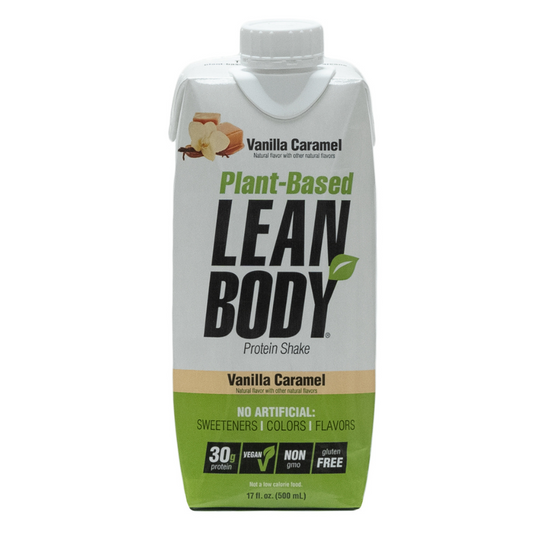
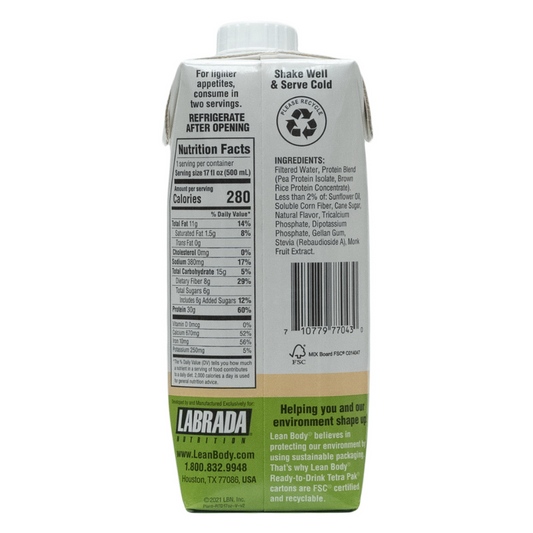 Regular price $58.68Regular priceUnit price per
Regular price $58.68Regular priceUnit price perLabrada: Plant-Based Lean Body Ready-To-Drink Protein Shake Vanilla Caramel 12 Pack
Regular price $58.68Regular priceUnit price per -
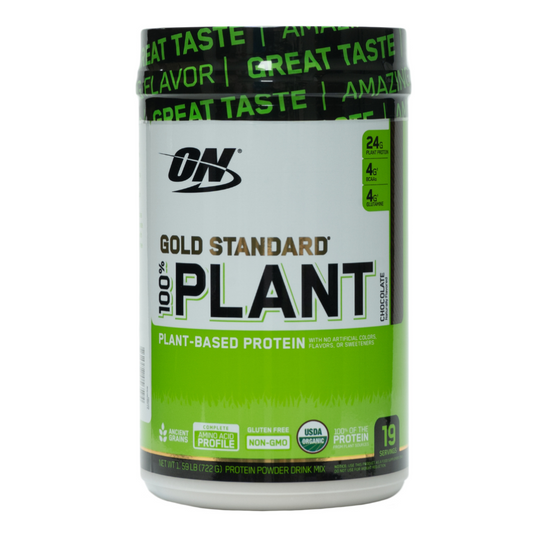
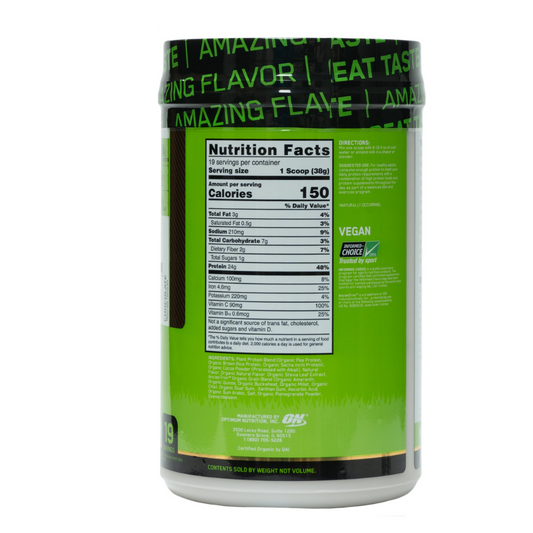 Regular price $50.99Regular priceUnit price per
Regular price $50.99Regular priceUnit price perOn: Gold Standard 100% Plant Plant-Based Protein Chocolate 19 Servings
Regular price $50.99Regular priceUnit price per
RECOMMENDED STACKS
Featured collection
Unlock the full potential of your workouts and shop supplement stacks! Our carefully curated stacks combine the most effective supplements to help you achieve your fitness goals faster. Whether you're looking to build muscle, cut/shred, lose weight, or improve your overall performance, we have the perfect stack for you. Browse our selection now and discover the ultimate combination of supplements to take your training to the next level. Click to view all and elevate your supplement game today.
-
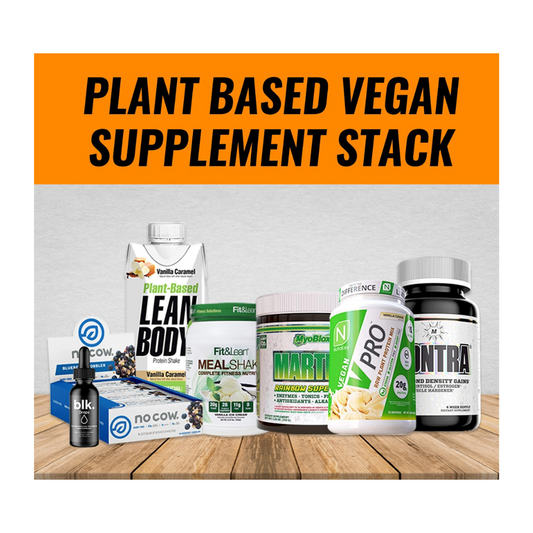 Regular price $287.11Regular priceUnit price per
Regular price $287.11Regular priceUnit price per$287.11Sale price $287.11Plant Based Vegan Supplement Stack
Regular price $287.11Regular priceUnit price per$287.11Sale price $287.11 -
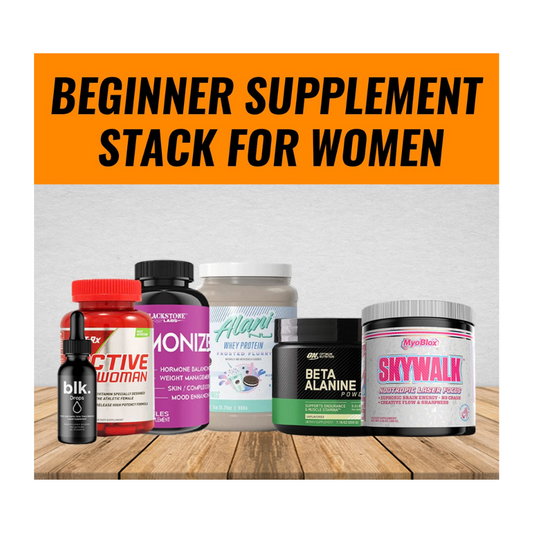 Regular price $123.95Regular priceUnit price per
Regular price $123.95Regular priceUnit price per$123.95Sale price $123.95Beginner Supplement Stack for Women
Regular price $123.95Regular priceUnit price per$123.95Sale price $123.95 -
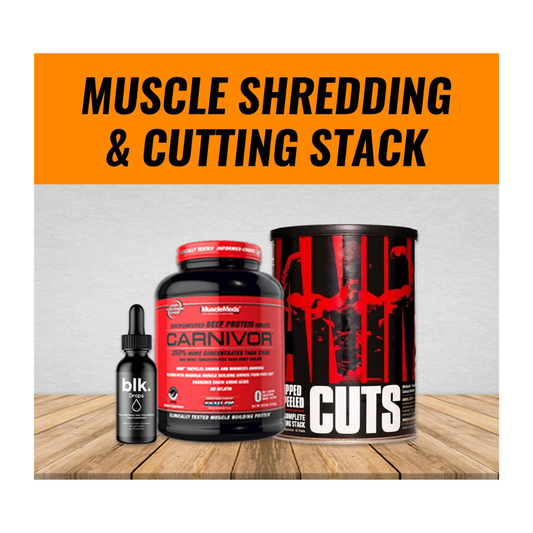 Regular price $151.93Regular priceUnit price per
Regular price $151.93Regular priceUnit price per$151.93Sale price $151.93Muscle Shredding & Cutting Stack
Regular price $151.93Regular priceUnit price per$151.93Sale price $151.93 -
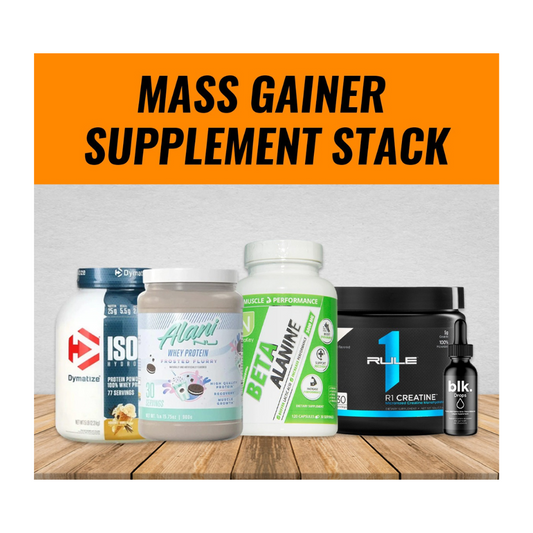 Regular price $239.95Regular priceUnit price per
Regular price $239.95Regular priceUnit price per$239.95Sale price $239.95Mass Gainer Supplement Stack
Regular price $239.95Regular priceUnit price per$239.95Sale price $239.95
F.A.Q.
Read and Learn the common FAQ's about Plant Protein Powder & Vegan Protein Powders
What Is Plant Protein?
Plant proteins provide a convenient and healthy way for vegetarians, vegans, or anyone looking to make healthier dietary choices to meet their nutritional needs. From legumes like peas and beans, nuts such as almonds and walnuts, seeds including chia/hemp/flaxseeds - all the way through plant-based protein powders derived from brown rice or soybeans – there is an abundance of options available that are cholesterol-free with lower saturated fat levels than animal sources plus plenty more beneficial nutrients!
Is Plant Protein Better Than Animal Protein?
With both plant and animal proteins providing essential nutrients, there's no one-size-fits-all solution in finding the best source of fuel for your body. Plant proteins can be an ideal choice for vegans or those who want to reduce their consumption of animal products as they are typically lower in saturated fats and cholesterol while containing additional health benefits from increased fiber content. On the other hand, some people might find that consuming certain forms of protein which come mainly from animals is a great way to get more vital vitamins such as B12 & Iron into their diet
How Does Plant Protein Compare to Animal Protein?
Plant protein and animal protein both offer a range of essential nutrients that can fuel your body. Plant protein's lower fat content, fiber-richness, and fewer calories make it an ideal choice for those looking to manage their calorie intake. Meanwhile, animal proteins may be higher in certain amino acids such as vitamin B12 or iron—important sources of nutrition. Picking between these two ultimately comes down to personal dietary preferences; however the best method is always variety! To ensure you're getting all the necessary vitamins and minerals needed for optimal health try incorporating different forms of plant proteins alongside leaner cuts from animals into your diet.
What Are the Benefits of Plant Protein?
Plant protein is a powerful tool for promoting overall health and wellness. Not only are they rich in essential amino acids, vitamins, and minerals that support muscle building and bone strength - but plant proteins tend to be lower in calories than their animal-based counterparts! Additionally, consuming plant sources of protein may reduce inflammation and improve your heart's health due to the presence of phytochemicals & antioxidants. That isn't all; choosing plants over animals helps us live sustainably knowing our food choices have decreased environmental impact! With such an abundance of options out there today - it's easier than ever before to find a source that meets individual nutritional needs.
What Are the Best Sources of Plant Protein?
Discover a delicious and nutritious way of eating with plant-based proteins. Enjoy the many tantalizing flavors of beans, lentils, quinoa, tofu - even edamame! Keep your body nourished with wholesome goodness from nuts & seeds like almonds and chia or sate cravings for crunchy snacks like hempseed. Add to that list such healthful staples as brown rice & oats along with nutrient-rich veggies including broccoli and spinach to create hearty dishes full of flavor yet free from animal products. With so much variety available at hand it's simple to make sure you get an abundance of plant protein in every meal!
How Much Plant Protein Should I Consume per Day?
Eating plant-based proteins is an essential part of building a healthy diet. Depending on age, sex, and activity level, adults should strive to consume at least 0.8 grams per kilogram of their body weight every day – that's 54 grams for someone weighing 68 kilograms (150 pounds). A balanced daily protein intake could include legumes, whole grains, nuts and seeds - however individual needs may vary depending on factors such as muscle mass so it’s always wise to talk with your doctor or registered dietitian before deciding how much you need each day!
Can Plant Protein Help with Muscle Growth?
For those looking to build muscle, protein is key - and plant-based proteins can be an excellent source of this essential nutrient. Eating a combination of beans, lentils, quinoa or tofu not only packs in the necessary building blocks for muscle growth but also provides additional benefits like fiber, vitamins and minerals that aren't found in animal sources. Though there may be slight differences compared to meat and dairy products due to lower concentrations of certain amino acids – these issues can easily solved by conscious dietary choices!
Is Plant Protein Easy to Digest?
For those looking for a gentle, digestive-friendly protein alternative to animal sources, plant proteins like beans and lentils may be the best option. Not only are they rich in dietary fiber that can support healthy digestion - but many also don't contain lactose or other components which some people may have difficulty with. Of course everyone is different; it's important to pay attention to how your body reacts when trying new types of vegan proteins so you know what works best for you!




















